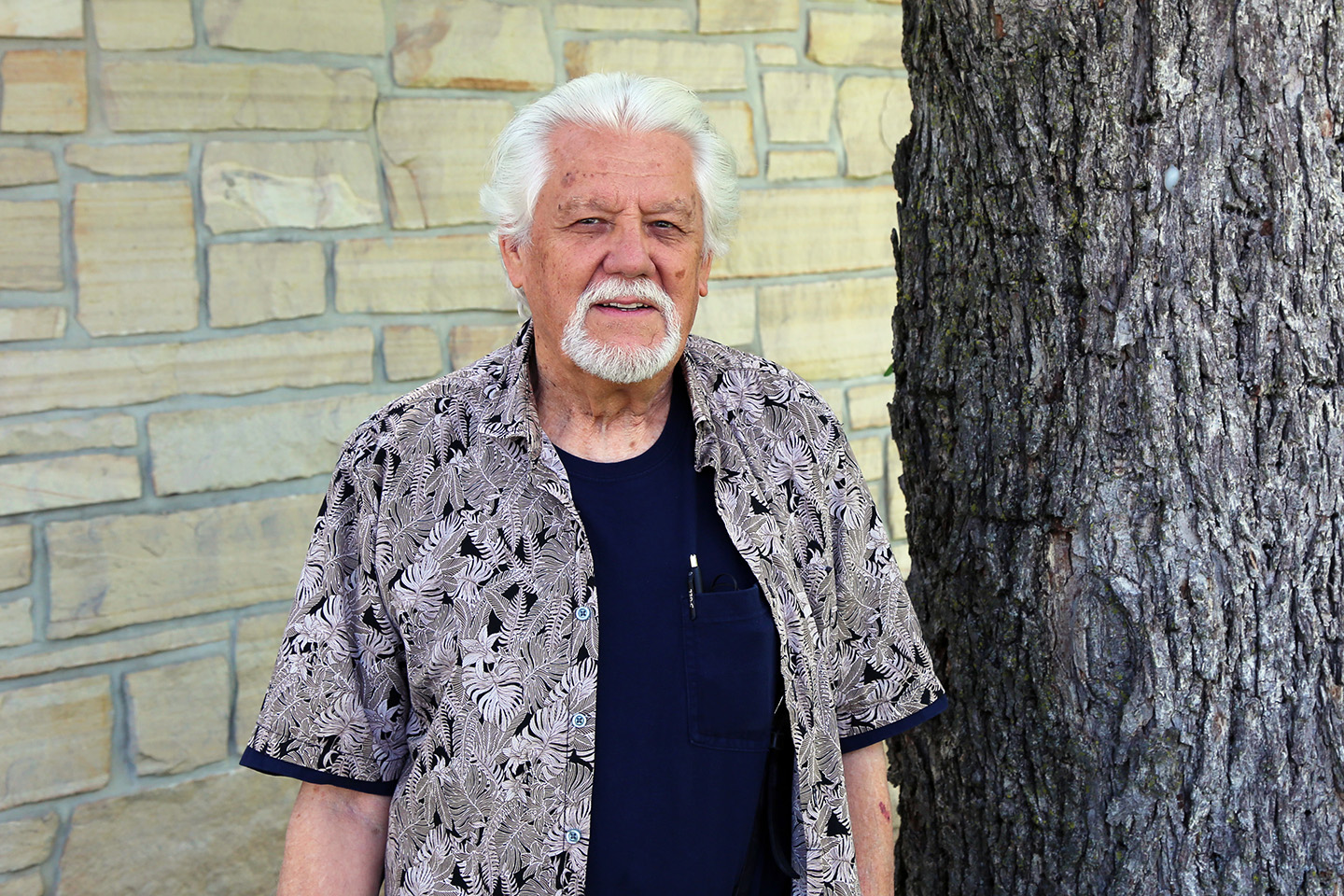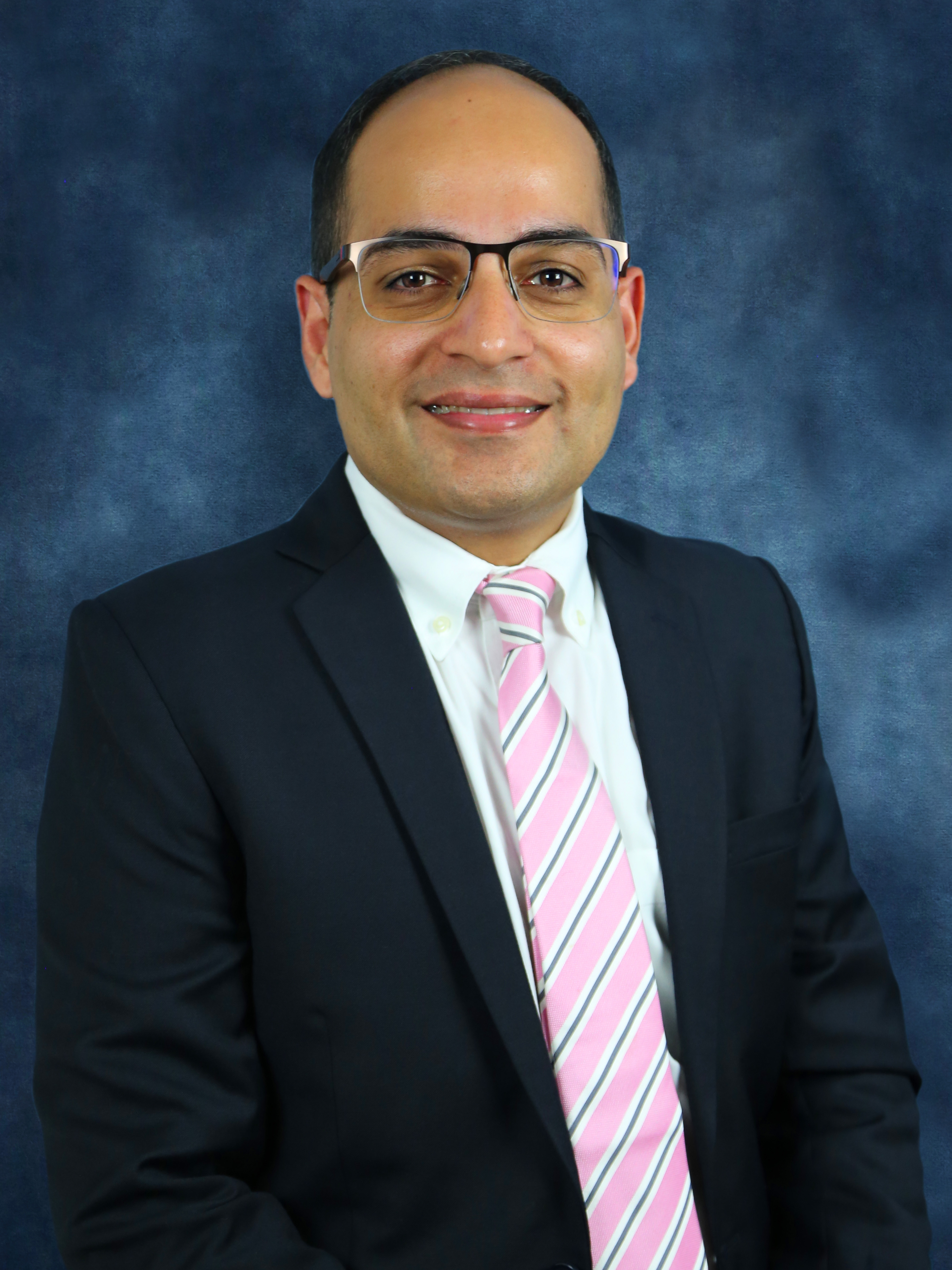
Published on July 8, 2024
Read Time: 2 Minutes
Three Things to Know
- Bill Kuerzinger had a heart catheterization at Phelps Health to check for heart issues.
- The heart procedure found a blockage, and Bill’s cardiologist inserted a stent to improve blood flow.
- Bill feels better now and manages his heart condition with medication, cardiac rehab, diet and exercise.
Bill Kuerzinger’s family share a sobering fact: his mother, father, grandmother and brother all passed away from heart attacks. Bill wants to break this cycle through lifestyle changes and medical intervention.
In May, the 75-year-old Rolla man had a cardiac (heart) catheterization procedure at Phelps Health. This procedure helps check for heart or blood vessel problems, like clogged arteries or irregular heartbeats. A thin hollow tube called a catheter is guided through a blood vessel to the heart. Cardiac catheterization provides important information about the heart muscle, valves and blood vessels.
Phelps Health has two state-of-the-art cardiac catheterization labs. These are specialized rooms where tests and procedures for heart disease are done. Cardiac surgeons use cardiac catheterization labs to diagnose and treat cardiovascular diseases (diseases involving the heart and blood vessels).

Bill had heart bypass surgery before, but he felt something was wrong with his heart again. Fawad Virk, MD, FACC, his interventional cardiologist at Phelps Health, recommended the catheterization because of his patient's history.
Before the procedure, Bill was given a mild sedative and doesn’t remember any pain. He did share a helpful tip: “Be sure to drink plenty of water the day before, so that your care team can quickly get your IV started.”
During the procedure, Dr. Virk found a heart blockage and placed a stent. A stent is a small, wire mesh tube that keeps the artery open and restores blood flow. For Bill, the stent has helped alleviate his shortness of breath.
Bill also started going to cardiac rehabilitation (rehab) at Phelps Health again.
“Dr. Virk put me back into the program,” he said. “I go three times a week, and you couldn’t ask for better staff. They are very attentive.”
Dr. Virk also sees Bill for regular check-ups to monitor his medications and bloodwork.
“We try to stay on top of it so that I don’t have any more major problems,” Bill said.
Bill appreciates the MyChart patient portal from Phelps Health.
“I get my lab results before my doctor does,” Bill said. “And then if I have questions, I can use MyChart to message my doctor or care team, and they’ll typically get back to me within a few hours. It’s an excellent app.”
Dr. Virk is one of three interventional cardiologists at Phelps Health.
“He’s an excellent doctor, and he's very thorough,” said Bill of Dr. Virk. “He explains everything. He doesn't cover anything up. He gives you your options, and he makes sure that you follow a routine. My brother-in-law and a couple of my friends are patients, too. I'd recommend Phelps Health to anybody who needs anything done with their heart.”
Time Is Key
Did you know? Phelps Health now offers 24/7 care for STEMI heart attacks, the most severe kind of heart attack. Previously, area residents had to travel up to 2 hours for this care, delaying treatment and potentially causing more heart damage. This new program provides quicker diagnosis and treatment, improving patient outcomes and potentially saving lives. Learn more here.
To schedule a cardiology appointment at the Phelps Health Heart and Vascular Center, call (573) 308-1301 today.